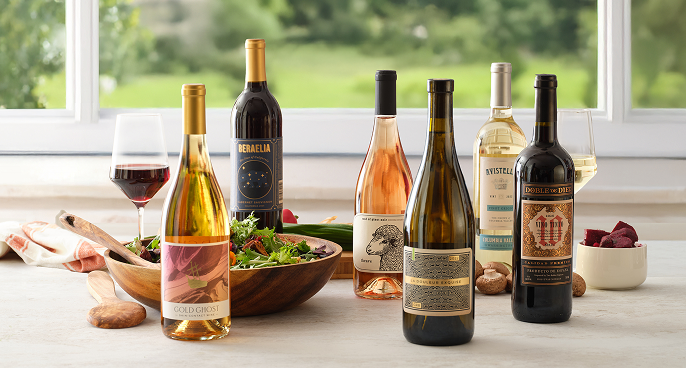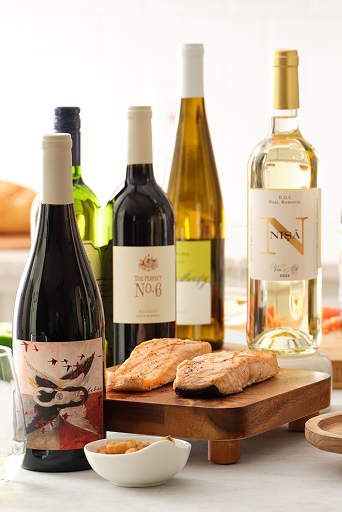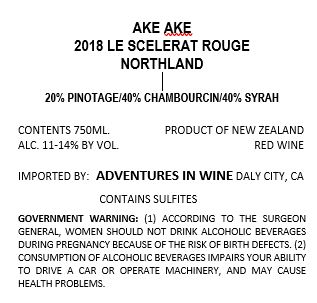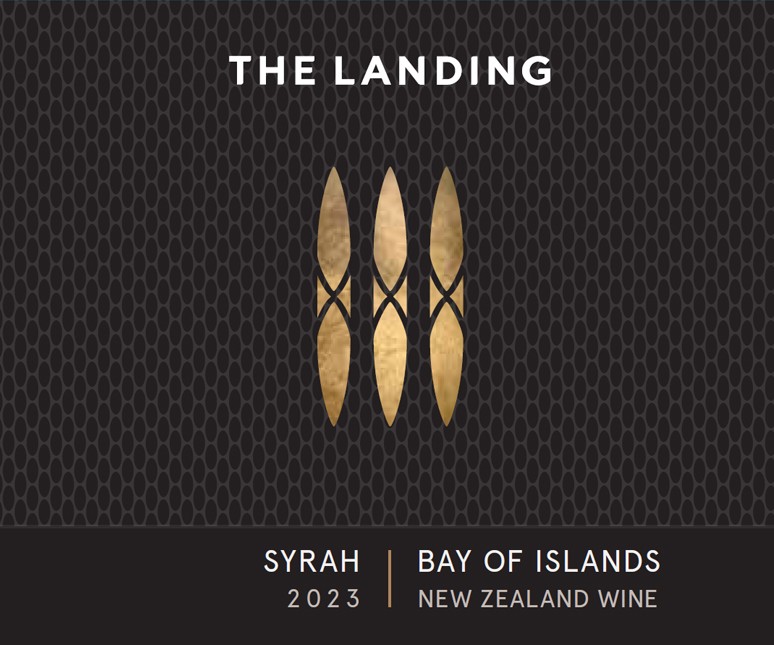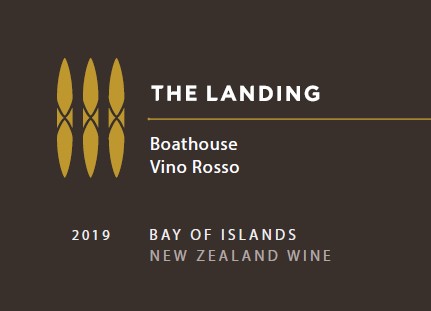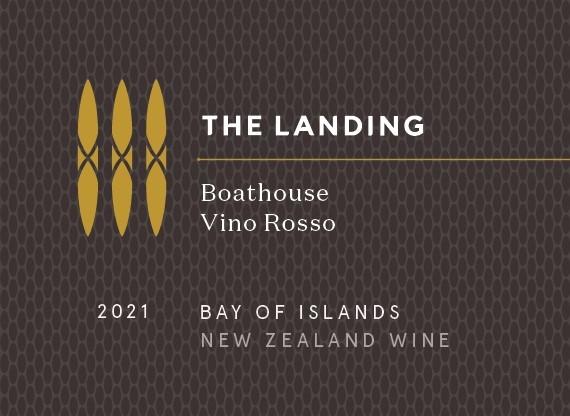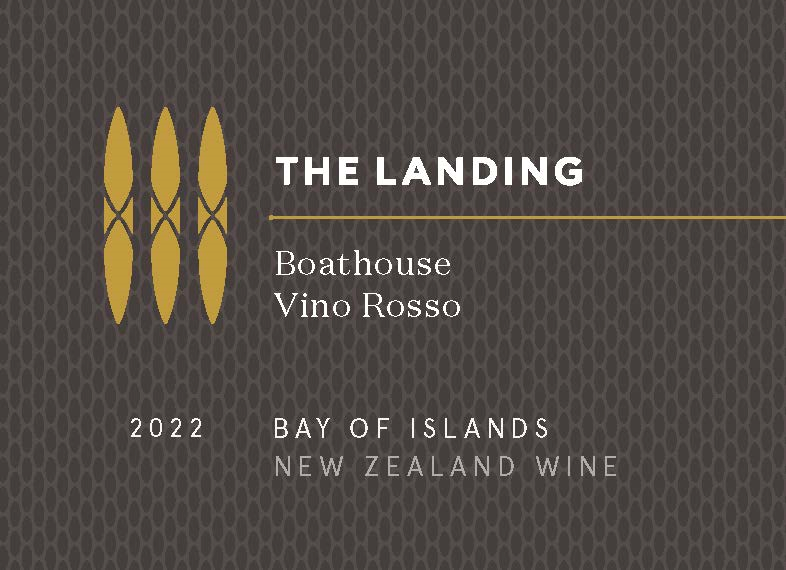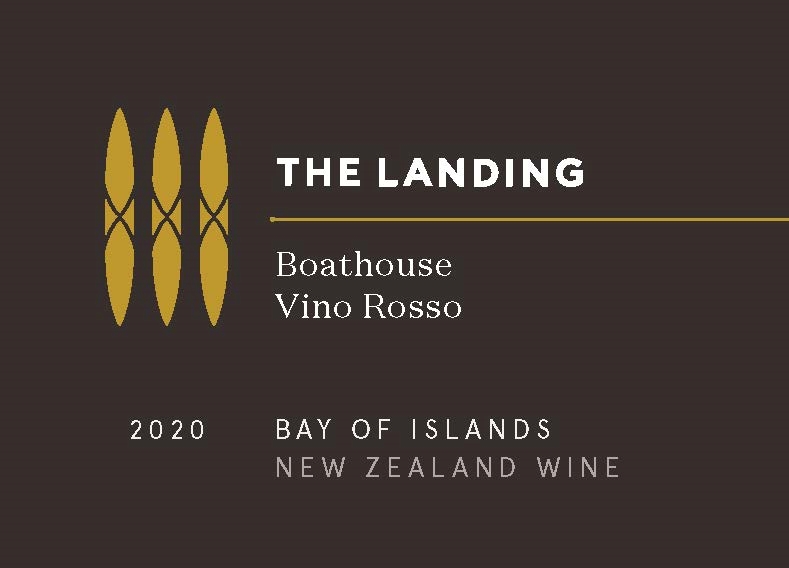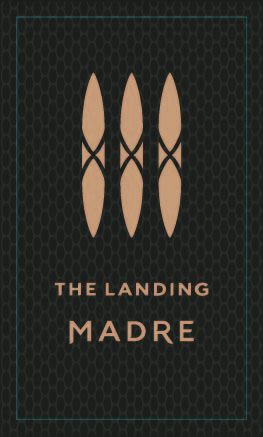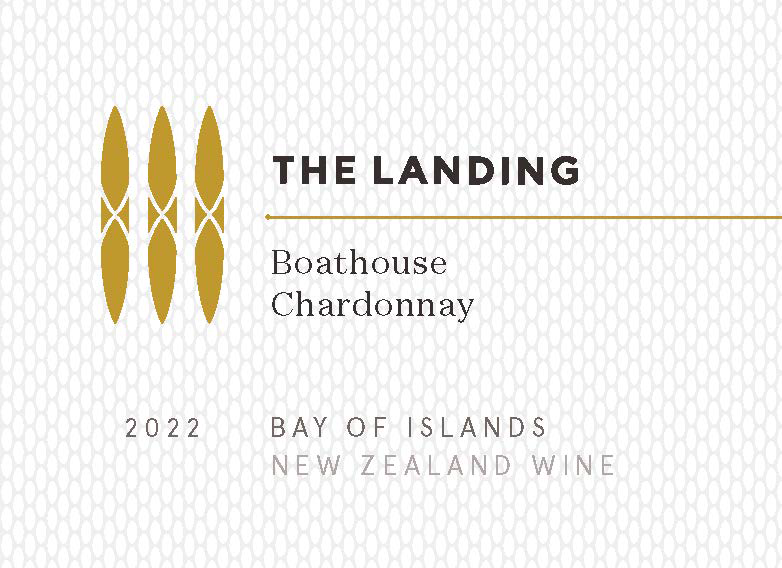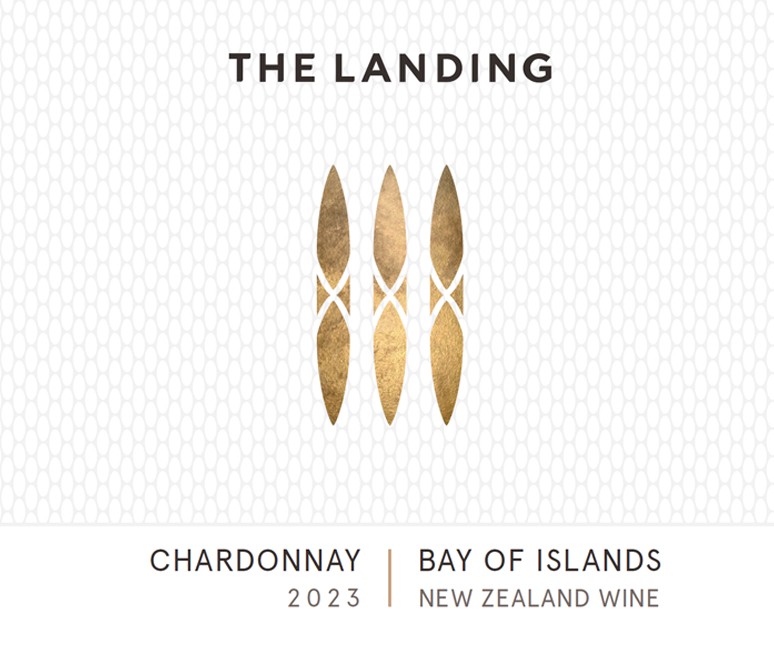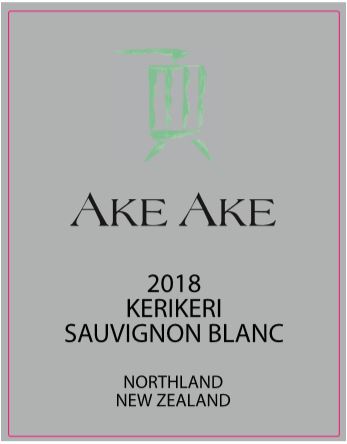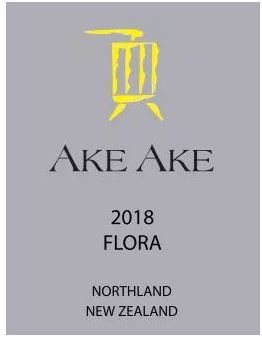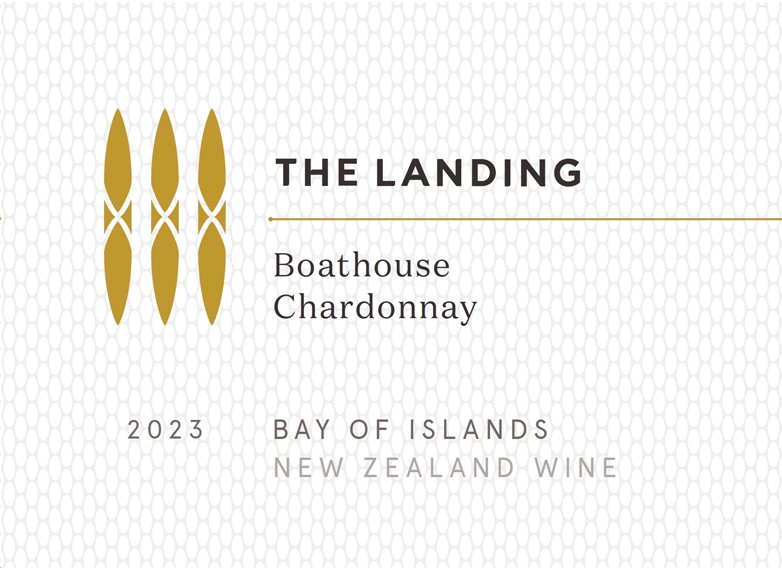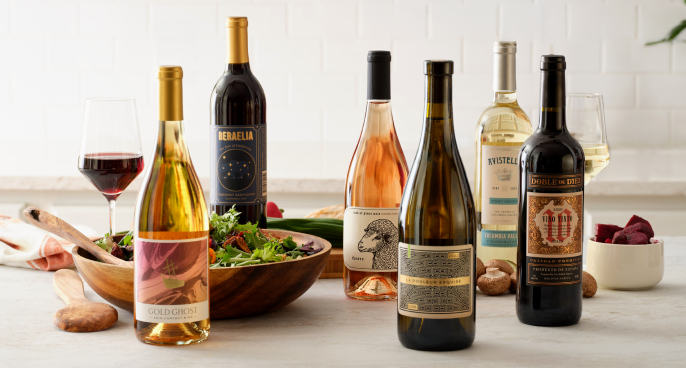Terroir of Northland
Northland's terroir is defined by a warm, subtropical maritime climate and diverse soils. As New Zealand's warmest wine region, its hot, humid summers and mild, wet winters create ideal conditions for grape ripening with low frost risk. The region's consistent warmth and long autumns allow for full grape maturation, leading to earlier harvests and rich fruit flavors.
Rain and humidity are constant companions, challenging viticulture with threats like mildew. However, coastal breezes and clever vineyard management help keep diseases at bay. Northland's soils vary from heavy clays to volcanic subsoils, with the latter offering excellent drainage and minerality. These elements combine to produce ripe, full-flavored wines with a distinct character. The nearby ocean moderates temperatures, adding freshness to the wines, which boast smooth profiles and low acidity.
Notable Wineries in Northland
Northland, New Zealand, boasts a range of notable wineries, each offering unique wines and experiences. Here are some highlights:
-
Marsden Estate (Kerikeri): Known for its award-winning Black Rocks Chardonnay and pioneering fortified wines, this estate offers a serene setting with a lake and restaurant.
-
Okahu Estate (Kaitaia): Famous for its Kaz Syrah, this family-run winery highlights Northland’s terroir with bold reds and distinctive whites.
-
Karikari Estate (Doubtless Bay): New Zealand's northernmost winery, offering stunning ocean views and robust reds like Pinotage, paired with resort amenities.
-
Cottle Hill Winery (Bay of Islands): Produces unique wines, including a rare Northland Pinot Noir and distinctive Ports, with a welcoming cellar door.
-
Omata Estate (Russell): Offers quality Syrah and wood-fired pizzas with bay views, perfect for a relaxing visit.
Sustainable Winemaking in Northland
In Northland, New Zealand, sustainability is a key part of winemaking, with nearly all vineyards involved in Sustainable Winegrowing New Zealand (SWNZ) or similar programs. These initiatives enforce strict guidelines for soil health, water conservation, and energy efficiency. Vineyards often use cover crops and organic fertilizers to nurture the soil, capitalizing on the region's high rainfall to minimize irrigation needs.
To tackle the challenges of a humid climate, Northland winemakers use integrated pest management, favoring natural solutions to reduce chemical use. They also adopt disease-resistant grape varieties and prune canopies to improve airflow, aligning with eco-friendly practices. Additionally, winemakers are committed to reducing their carbon footprint through solar panels, low-emission equipment, and sustainable packaging. These efforts embody the Maori principle of kaitiakitanga, ensuring that Northland’s winemaking legacy remains environmentally responsible for generations to come.
Wine Tourism in Northland
Northland, New Zealand, offers a unique wine tourism experience with its warm, subtropical climate and rich viticultural history.
Visitors can explore picturesque vineyards nestled between the Bay of Islands and the Far North. The region is known for its cozy, family-run wineries, where winemakers often greet guests personally, enhancing the intimate tasting experience.
With stunning backdrops of ocean views and lush landscapes, Northland’s wineries offer delightful pairings, such as Chardonnay with local oysters. Beyond wine tasting, organized tours in Paihia include visits to historic sites like the Kemp House and Stone Store, adding cultural depth.
The region’s mild climate supports nearly year-round events, including the lively Bay of Islands Food and Wine Festival. This charming area invites exploration beyond the glass, offering activities like sailing, beach outings, and luxury retreats. Northland’s wine tourism is a blend of natural beauty, history, and warm hospitality.

